
Quantum physics is a field that continually reshapes our understanding of the universe. Theories that once seemed abstract are now becoming the foundation of technological advancements and scientific exploration. Let’s dive into five groundbreaking quantum theories that are altering the landscape of physics.
Quantum Entanglement
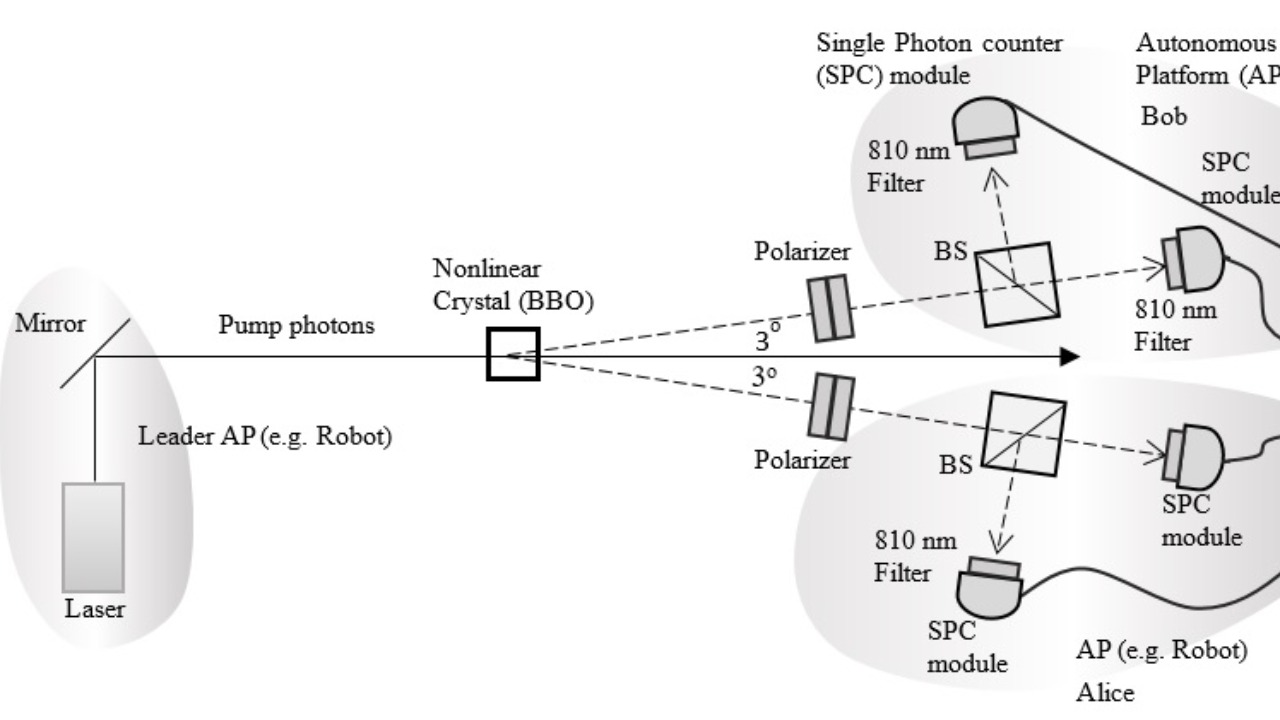
Quantum entanglement is a phenomenon where particles become interconnected, so the state of one instantly influences the other, regardless of distance. This puzzling concept challenges classical physics and has significant implications for quantum computing and cryptography. It suggests that information can be transferred faster than the speed of light, a notion that defies Einstein’s theory of relativity.
Researchers continually explore how entanglement might revolutionize communication and computing, making it a cornerstone of quantum research.
Quantum Superposition
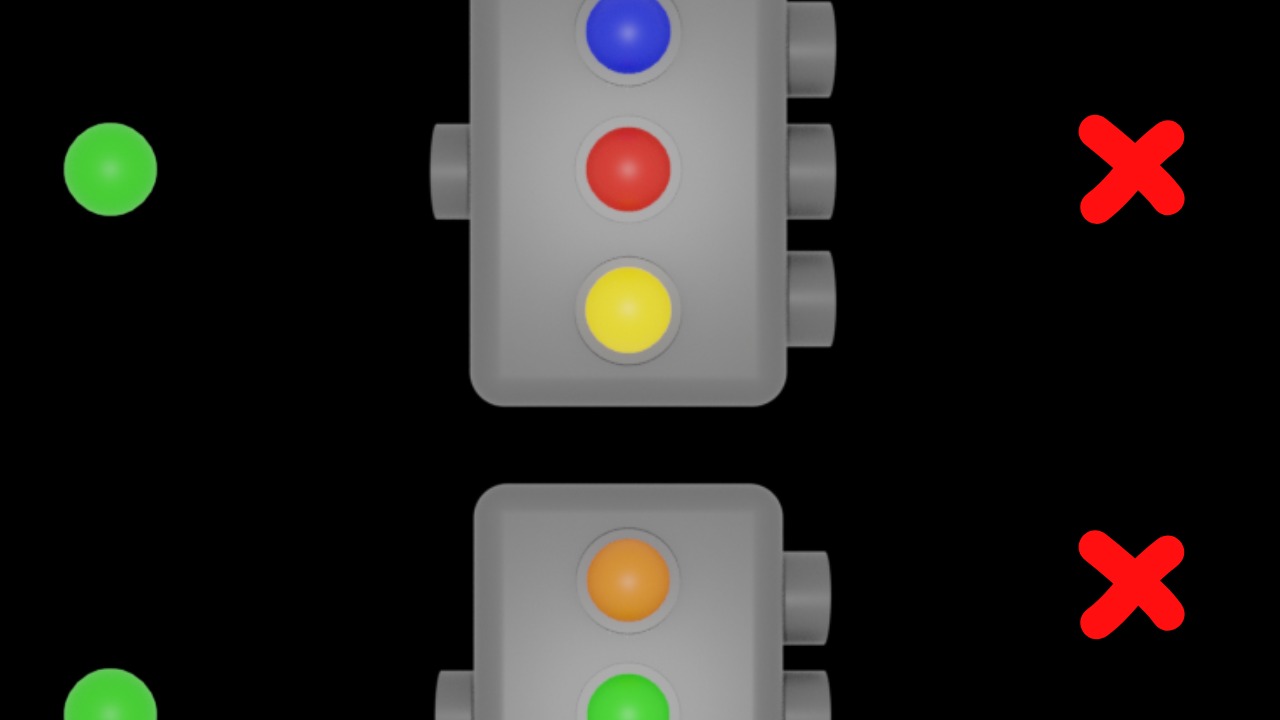
Quantum superposition is the principle that a particle can exist in multiple states simultaneously until measured. This idea is famously illustrated by Schrödinger’s cat, a thought experiment where a cat is both alive and dead until observed. Superposition is a key element in the development of quantum computers, which can process complex calculations at unprecedented speeds.
The exploration of superposition could redefine processing power and efficiency, impacting everything from data analysis to artificial intelligence.
Quantum Tunneling
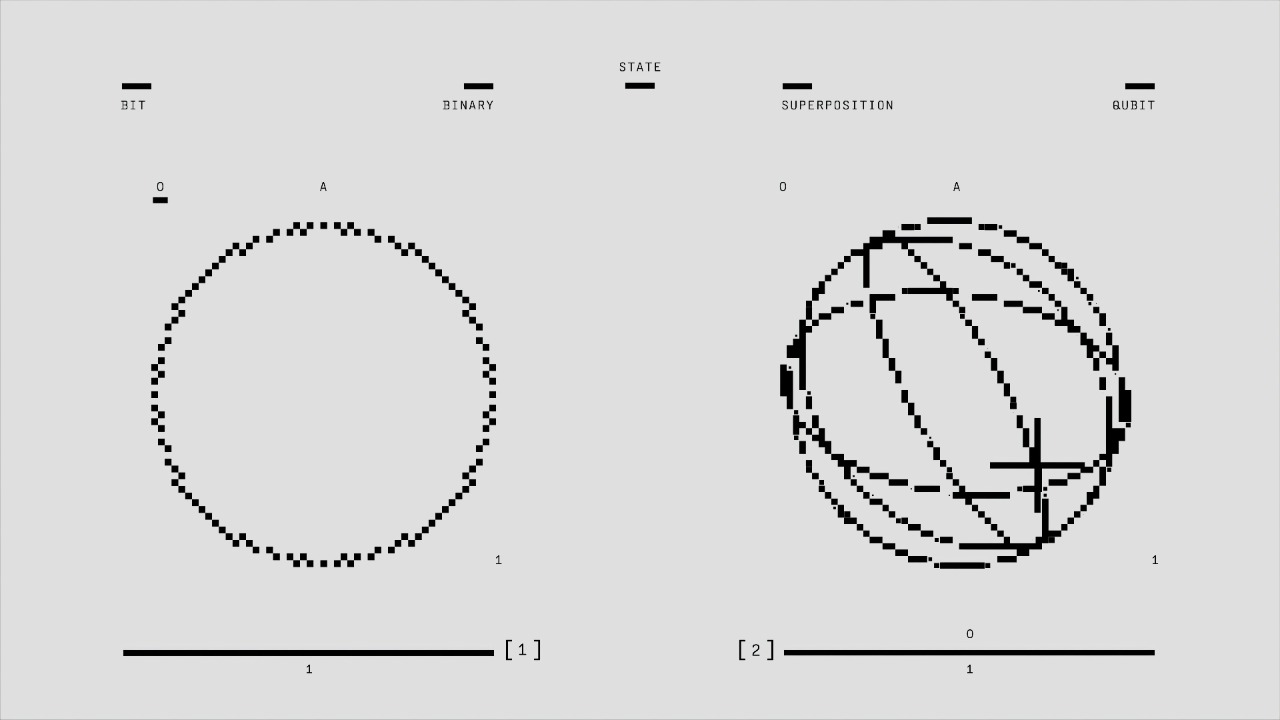
Quantum tunneling allows particles to pass through barriers that would be insurmountable according to classical physics. This phenomenon is crucial in fields like chemistry and nuclear physics, explaining processes like radioactive decay and fusion in stars. It plays an essential role in the functioning of modern technologies, such as semiconductors and MRI machines.
The study of quantum tunneling continues to open new pathways for scientific innovation, offering insights into the fundamental workings of the universe.
Quantum Decoherence
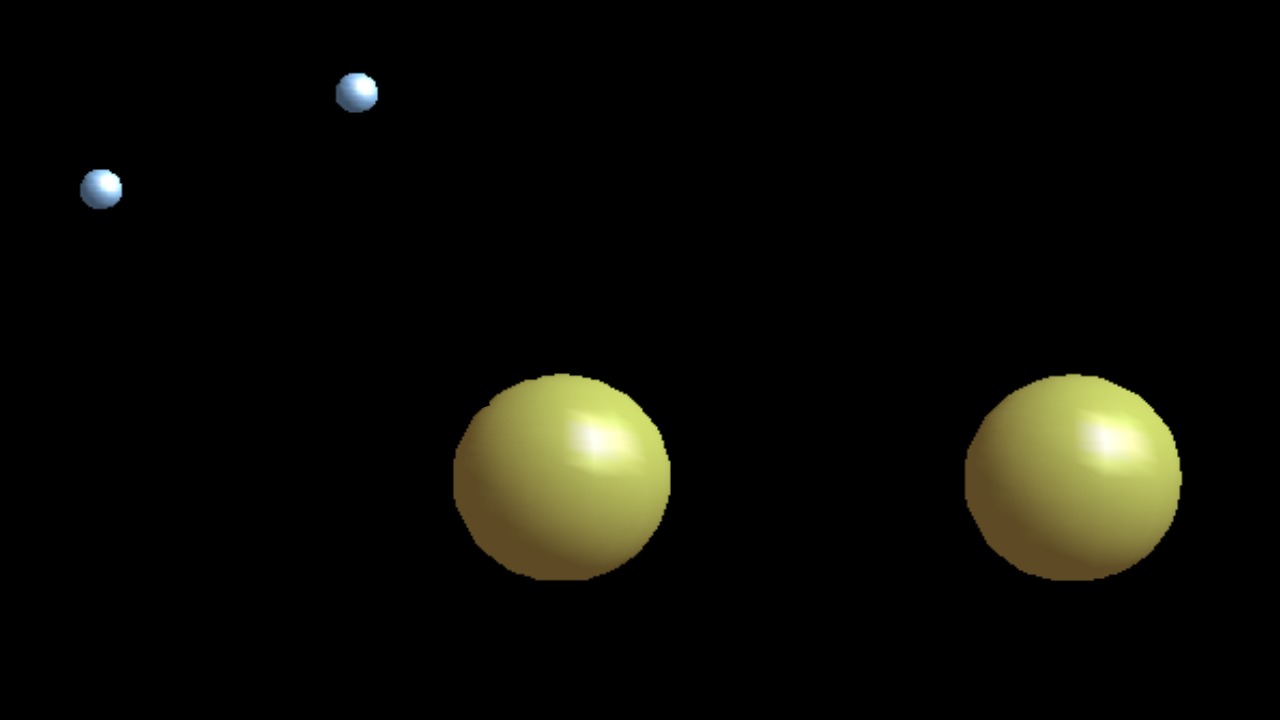
Quantum decoherence describes how quantum systems lose their quantum behavior and begin to behave classically due to interactions with their environment. This process is a significant challenge in maintaining quantum states for computing and other applications. Understanding decoherence is crucial for developing stable and reliable quantum technologies.
By mitigating decoherence, scientists aim to harness the full potential of quantum mechanics, paving the way for advancements in computation and encryption.
Quantum Field Theory
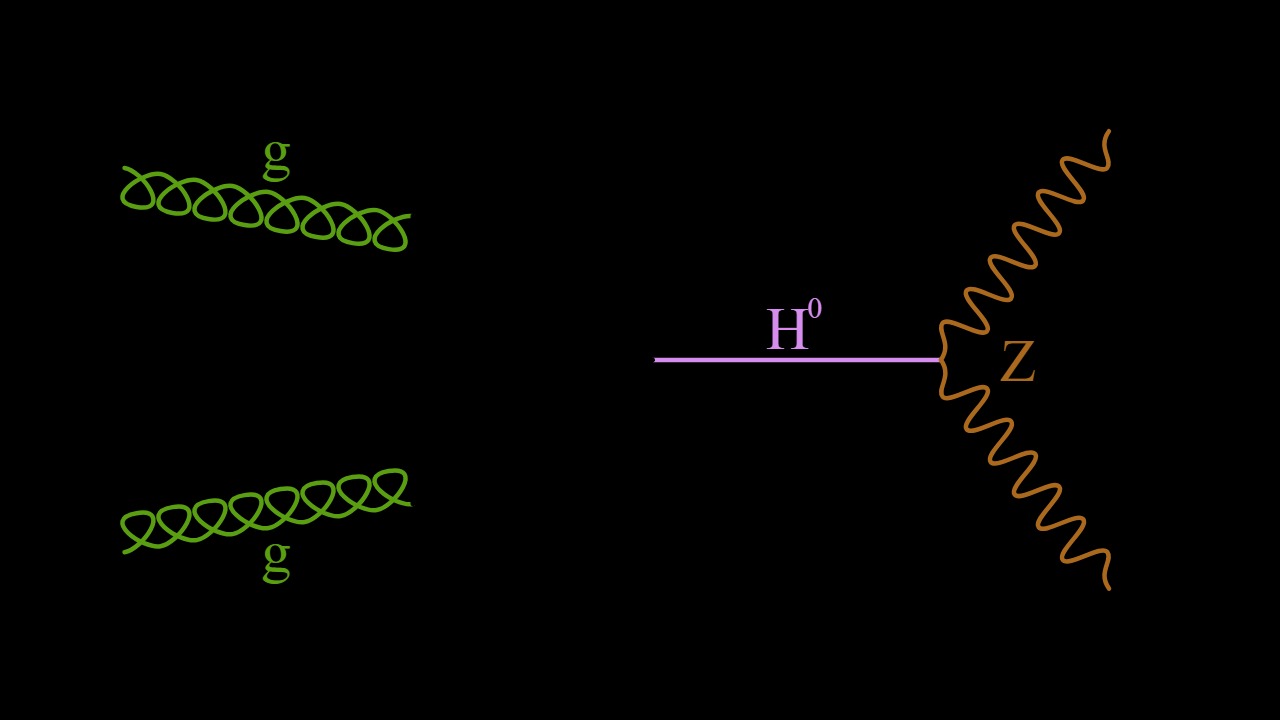
Quantum Field Theory (QFT) is a framework that combines quantum mechanics with special relativity to describe how particles interact. It has been instrumental in developing the Standard Model of particle physics, explaining fundamental forces and particles. QFT is central to ongoing research in both theoretical and experimental physics, offering a deeper understanding of the universe’s structure. A
s our knowledge expands, QFT remains a vital tool in unraveling the mysteries of the cosmos.